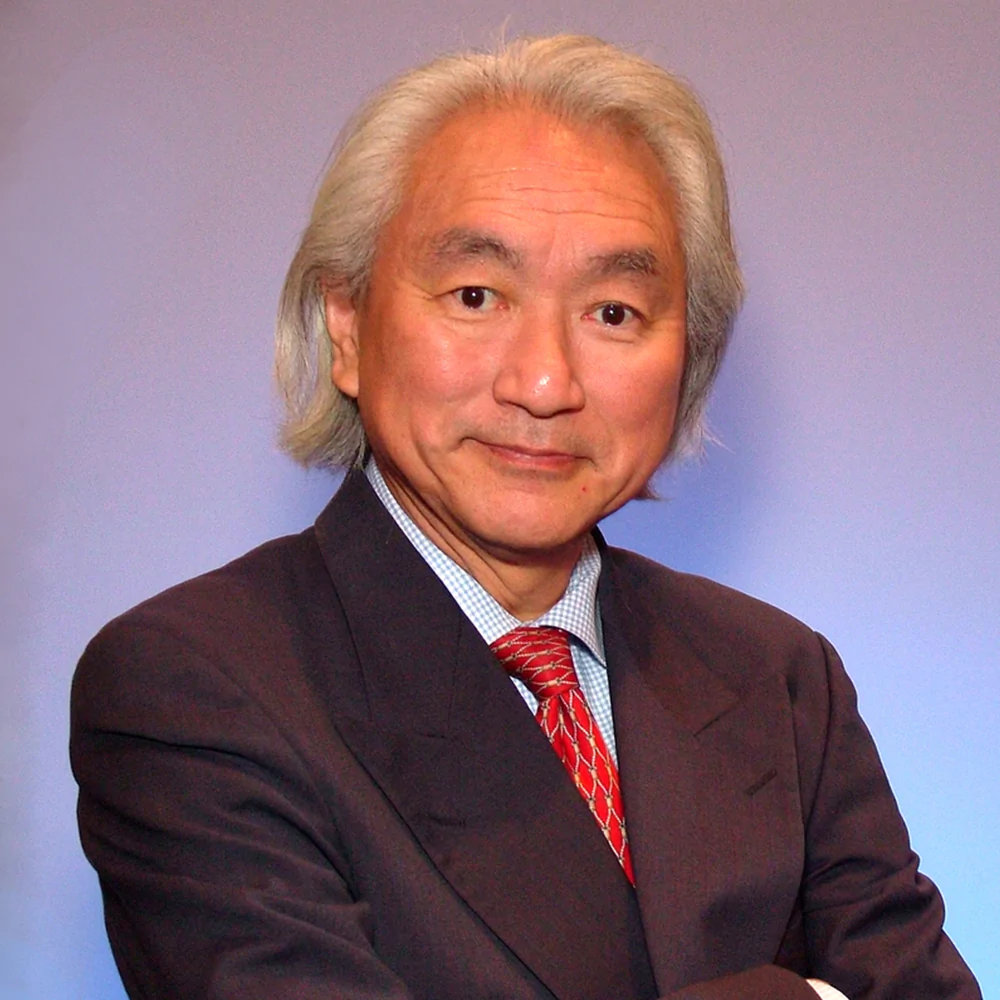The AI sphere was rather quiet, dull and boring. It rarely made ripples outside its own realm, and barely disrupt the global industry.
But since OpenAI introduced ChatGPT, things changed. Tech companies began competing in an arms race that sooner than later, the technology can seemingly decimate those that didn't jump into the bandwagon and piggyback the trend.
With the hype continues to build, many researchers, and also end users, are stating to show their fears.
Some began worrying about the rise of AI.
But theoretical physicist Michio Kaku is not among them.
In fact, he is far from believing what many people believe.

In an interview with CNN, the professor of theoretical physics at City College of New York and CUNY Graduate Center, said that:
"First of all, they are productive. They're going to speed up the ability to produce materials. It's going to be an advance for society in general. However, people are focusing on the negative aspects of chatbots as well, because people are afraid."
"However, what is a chatbot?"
"A chatbot is a glorified tape recorder."
While Kaku agrees that chatbots are smart and can be useful, he added that it's fear that led people to focus mostly on the negative implications of the technology.
"And people are saying, ‘Oh my God, it’s a human, it’s humanlike.’"
This is like saying that chatbots' intelligence, isn't "intelligence," because everything the AIs say, is just a mirror of what's on the internet.
The AIs only make it seem that they created it by making the information sound plausible and believable.
"That has to be put in by a human."
Kaku explained that humanity is in its second stage of computer evolution.
The first was the analog stage, "when we computed with sticks, stones, levers, gears, pulleys, string." But things started escalating around World War II, he said, when humanity switched to electricity-powered transistors. The change made the development of the microchip possible and helped shape the modern digital landscape.
While this digital landscape is indeed advancing humanity like never before, Mother Nature still beats it.
"Mother Nature would laugh at us because Mother Nature does not use zeros and ones," Kaku said. "Mother Nature computes on electrons, electron waves, waves that create molecules. And that’s why we’re now entering stage three."
Instead of overhyping AI, Kaku believes the next technological stage is in the quantum realm.
Quantum computing is an emerging technology utilizing the various states of particles like electrons to vastly increase a computer’s processing power. Instead of using computer chips with two states, quantum computers use qubits that have various states of vibrating waves. This makes them capable of analyzing and solving problems much faster than normal computers.
Due to their unique way of using qubits, which can be at any state, quantum computers are leaps ahead of traditional computers, and should help significantly improve machine learning, healthcare, cybersecurity, and much more.
Several tech giants, including Google, Microsoft, IBM and more are developing their own quantum computers, and have granted access to a number of companies to use their technology through the cloud.